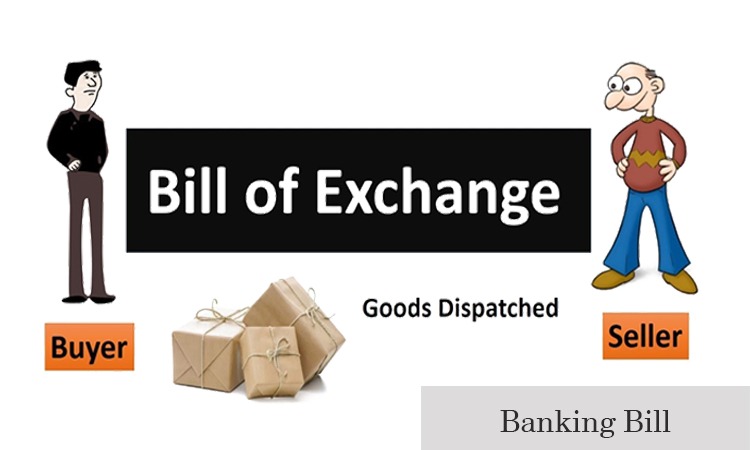A Bank Bill is an unconditional written order by one party addressed to a Bank to pay a fixed sum – the bill’s face value – within a fixed time period to the Bank. A Bank Bill is alternatively called a bill of exchange. There are two types of Bill of Exchange facilities: Bill Discount and Bill Acceptance.
What is a ‘Bill of Exchange’?
In simple words, A bill of exchange is a written order used primarily in international trade that binds one party to pay a fixed sum of money to another party on demand or at an earlier agreed date.
BREAKING DOWN ‘Bill of Exchange’
Bills of exchange are identical to cheques and promissory notes. They can be drawn by individuals or banks and are generally transferable upon approval. The difference between a promissory note and a bill of exchange is that the latter is transferable and can bind one party to pay a third party that was not involved during its inception.
There could be up to three parties involved in a bill of exchange transactions. The drawee is the party that pays the sum mentioned in the bill of exchange. The payee is the one who receives that amount. The drawer is the party that binds the drawee to pay the payee. The drawer and the payee are both the same entity unless the drawer transfers the bill of exchange to a third-party payee.
Bills of exchange generally do not pay interest, making them in essence post-dated cheques. They may accrue interest if not repaid by a certain date, however, in which case the rate must be specified on the instrument. They can, conversely, be transferred at a discount before the date mentioned for payment.
If these bills are issued by a bank, they can also be referred to as bank drafts. If they are issued by individuals, they can be called as trade drafts. If the funds need to be paid immediately or on demand, the bill of exchange is known as a sight bill; if they are to be paid at a set date in the coming future, then it is known as a term bill.
Read More: What Are The Advantages And Need Of Digital Banking?
